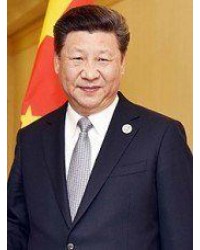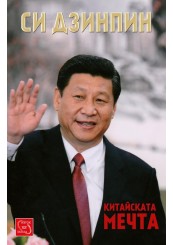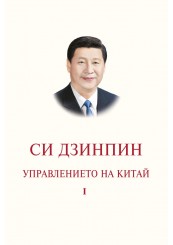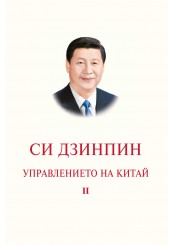Xi Jinping

Xi Jinping (born 15 June 1953) is a Chinese politician currently serving as General Secretary of the Communist Party of China (CPC), President of the People's Republic of China, and Chairman of the Central Military Commission. Often described as China's "paramount leader", in 2016 the CPC officially gave him the title of "core leader". As General Secretary, Xi holds an ex-officio seat on the Politburo Standing Committee of the Communist Party of China, China's top decision-making body.
Xi is the first General Secretary to have been born after the Second World War. The son of Chinese Communist veteran Xi Zhongxun, he was exiled to rural Yanchuan County as a teenager following his father's purge during the Cultural Revolution and lived in a cave in the village of Liangjiahe, where he organized communal laborers. After studying at the prestigious Tsinghua University as a "Worker-Peasant-Soldier Student", Xi rose through the ranks politically in China's coastal provinces. Xi was governor of Fujian province from 1999 to 2002, and governor, then party secretary of neighboring Zhejiang province from 2002 to 2007. Following the dismissal of Chen Liangyu, Xi was transferred to Shanghai as party secretary for a brief period in 2007. Xi joined the Politburo Standing Committee and central secretariat in October 2007, spending the next five years as Hu Jintao's presumed successor. Xi was vice president from 2008 to 2013 and Vice Chairman of the Central Military Commission from 2010 to 2012.
Since assuming power, Xi has introduced far-ranging measures to enforce party discipline and to ensure internal unity. His signature anti-corruption campaign has led to the downfall of a prominent incumbent and retired Communist Party officials, including members of the Politburo Standing Committee. Described as a Chinese nationalist, Xi has tightened restrictions over civil society and ideological discourse, advocating internet censorship in China as the concept of "internet sovereignty". Xi has called for further market economic reforms, for governing according to the law and for strengthening legal institutions, with an emphasis on individual and national aspirations under the slogan "Chinese Dream". Xi has also championed a more assertive foreign policy, particularly with regard to China-Japan relations, China's claims in the South China Sea, and its role as a leading advocate of free trade and globalization. He has also sought to expand China's Eurasian influence through the One Belt One Road Initiative. The 2015 meeting between Xi and Taiwanese President Ma Ying-jeou marked the first time the political leaders of both sides of the Taiwan Strait met since the end of the Chinese Civil War in 1950.
Considered the central figure of the fifth generation of leadership of the People's Republic, Xi has significantly centralized institutional power by taking on a wide range of leadership positions, including chairing the newly formed National Security Commission, as well as new steering committees on economic and social reforms, military restructuring and modernisation, and the Internet. Said to be one of the most powerful leaders in modern Chinese history, Xi's political thoughts have been written into the party and state constitutions, and under his leadership, the latter was amended to abolish term limits for the presidency. In 2018, Forbes ranked Xi as the most powerful and influential person in the world, dethroning Vladimir Putin who held the record for 5 consecutive years.ю





